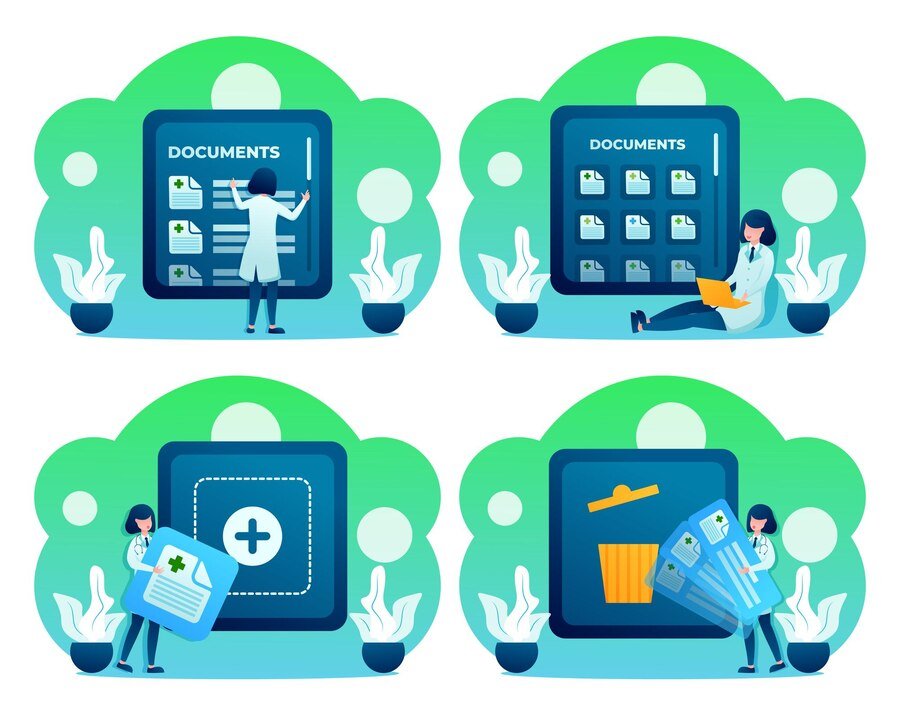The Role of Big Data in Modern Insurance Underwriting
Viajespasion.com– The Role of Big Data in Modern Insurance Underwriting, In our fast-paced world, technology is always changing many fields, and insurance is no different. Big data, which is the huge amount of data that is created every second, is a very important part of modern insurance coverage. But what does this really mean for the business world and, more importantly, for you as a policyholder? Let’s look into how big data has changed the process of buying insurance.
Understanding Insurance Underwriting
Insurance screening is the process by which companies decide if they want to cover a person or thing. In the past, this was done by reviewing applications by hand, looking at past data, and guessing about future risk based on that information. This process, on the other hand, wasn’t always accurate and took a long time.
Enter Big Data
Big data changes the game by giving insurance access to huge amounts of data that they can use to make better decisions about who to cover. There are a lot of different kinds of big data sources, such as health records, driving records, social media activity, and even buying trends.
How Big Data Enhances Underwriting:
- Improved Risk Assessment: By analyzing large datasets, insurers can identify patterns and correlations that were previously unnoticed. For example, data from wearable health devices can provide insights into a person’s lifestyle and health, allowing for more accurate life insurance premiums.
- Personalized Policies: With detailed data on individual behavior and preferences, insurers can offer personalized policies tailored to specific needs. This means better coverage options and potentially lower premiums for policyholders.
- Fraud Detection: Big data helps in identifying fraudulent claims by detecting anomalies and unusual patterns. Advanced algorithms can flag suspicious activities, protecting both insurers and honest customers.
- Faster Processing: Automating the data analysis process speeds up underwriting, resulting in quicker policy approvals. This efficiency benefits both insurers and applicants, making the whole process more streamlined.
Real-World Applications
Several real-world examples showcase the power of big data in insurance underwriting:
- Telematics in Auto Insurance: By installing telematics devices in vehicles, insurers can monitor driving behavior in real-time. Safe drivers can be rewarded with lower premiums, while risky drivers are charged more accurately for their insurance.
- Health Insurance and Wearables: Wearable devices like fitness trackers provide continuous health data. Insurers can use this information to offer wellness programs and incentives for healthy behavior, ultimately reducing healthcare costs.
- Home Insurance and IoT: Internet of Things (IoT) devices in homes, such as smart smoke detectors and security systems, provide data that insurers can use to assess risk more accurately. This data helps in offering better rates for homeowners who invest in such technologies.
Challenges and Concerns
While the benefits of big data in insurance underwriting are clear, there are also challenges and concerns to address:
- Privacy Issues: Collecting and analyzing personal data raises significant privacy concerns. Insurers must ensure they handle data responsibly and comply with regulations to protect customer privacy.
- Data Accuracy: The accuracy of big data is crucial. Inaccurate or incomplete data can lead to incorrect underwriting decisions, potentially harming customers.
- Ethical Considerations: The use of big data should be ethical, avoiding discrimination or unfair treatment based on data analysis. Insurers need to establish guidelines to ensure fair practices.
The Future of Big Data in Insurance
Big data will continue to be used in insurance pricing in the future. As technology gets better, screening could become even more accurate and quick. Artificial intelligence, machine learning, and predictive analytics will make it even easier for insurers to figure out risk and make personalised plans.
Potential Developments:
- Real-Time Underwriting: With constant data flow from various sources, real-time underwriting could become a reality, allowing for instant policy adjustments based on current data.
- Blockchain Technology: Blockchain can improve data security and transparency, addressing privacy concerns and ensuring the accuracy of data used in underwriting.
- Enhanced Customer Experience: As underwriting becomes more efficient and personalized, customers will enjoy a better experience, with quicker policy approvals and tailored coverage options.
Conclusion
The insurance business is changing a lot because of big data, especially in the screening part. Insurance companies can make better, faster, and more personalised choices by using huge amounts of data. But it is very important to deal with the problems of privacy, data truth, and morality. Big data will play a bigger role in insurance screening as technology keeps getting better. This means that insurance will be more accurate and customer-focused in the future than it is now.

